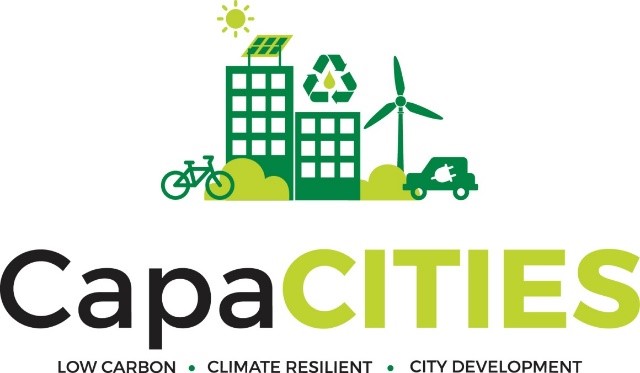Webinar: CapaCITIES – Accelerating Climate Resilient Development in Cities

Introduction
Cities are among the key contributors to greenhouse gas emissions as well as hot spots regarding the impacts of climate change. However, cities can also be innovators and models of environmental efficiency. By pursuing climate actions, offer exceptional opportunities to generate growth and employment, well-being, and savings from avoided health costs and fossil fuel expenditure.
This webinar will focus on the SDC funded CapaCITIES project in India. The project is advancing concepts of climate action planning in Indian cities, accelerating their transformation to low carbon, climate resilient cities. The webinar will showcase planning processes and solutions around eco-mobility, integrated water resource management, energy management and sustainable waste Management.
Read more about the Capacities project at http://capacitiesindia.org/
Speakers
Emani Kumar, Deputy Secretary General, ICLEI & Executive Director, ICLEI South Asia.
Emani Kumar has been the Executive Director of ICLEI South Asia since its founding in 2005. He was also appointed as Deputy Secretary General of ICLEI in the year 2013. With degrees in Environmental Management, Environmental Planning and Civil Engineering, Emani has more than eighteen years of professional experience on issues related to climate change policy and planning, local governance, renewable energy and energy efficiency, social accountability, systems management and auditing.
Read more about Emani Kumar here.
Webinar information
This webinar was held on the August 31, 2017, 10 am – 11 am CET. Find out more about the webinar here.
Watch the webinar:

(0) Comments
There is no content